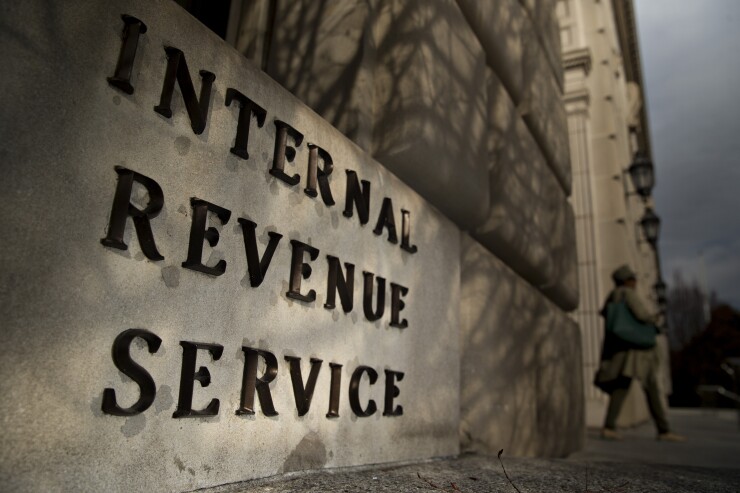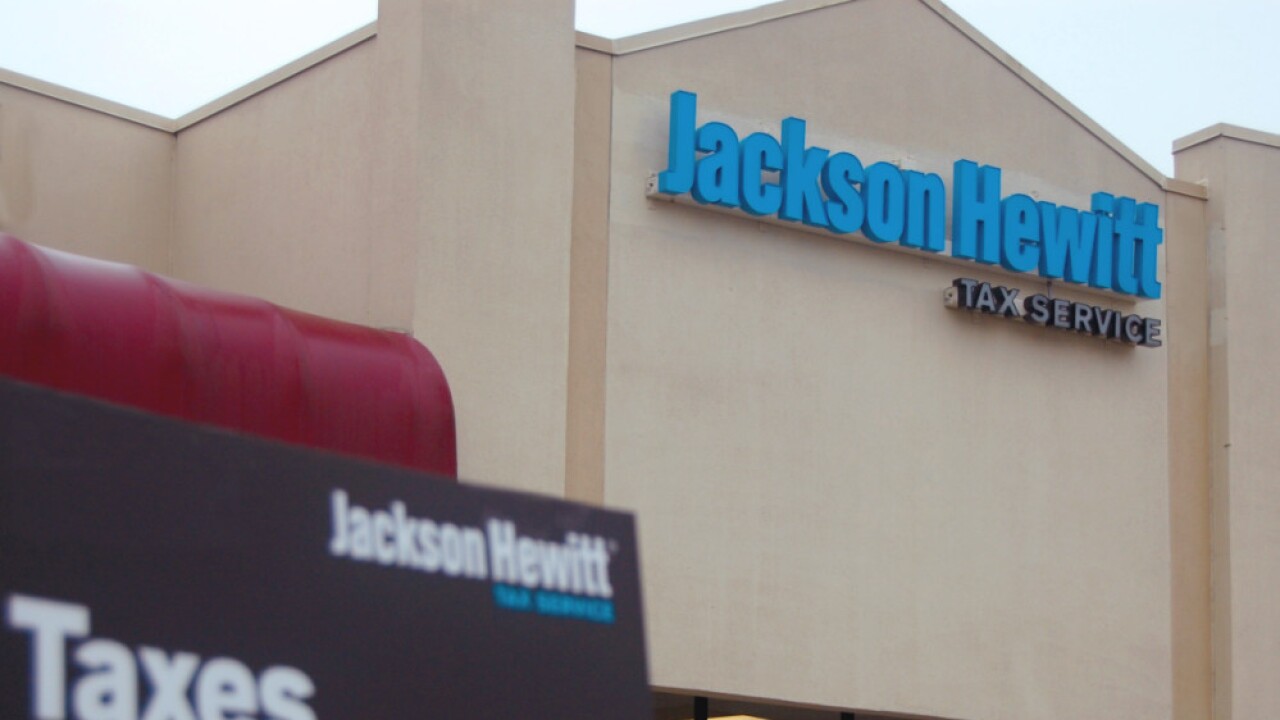The Internal Revenue Service is giving taxpayers a break if the checks they mailed in to pay their taxes still haven’t been opened up yet and are sitting in the trailers the IRS had to set up during the novel coronavirus pandemic.
This spring, as many IRS offices remained shuttered, a backlog of millions of pieces of unopened mail accumulated in trailers set up outside IRS facilities. As more IRS employees returned to work to deal with tax season, they began to sort through and process the mail, but that hasn’t stopped more correspondence from coming in every day.
Last week, amid
“If a taxpayer mailed a check (either with or without a tax return), it may still be unopened in the backlog of mail the IRS is processing due to COVID-19,” said the IRS. “Any payments will be posted as the date we received them rather than the date the agency processed them. To avoid penalties and interest, taxpayers should not cancel their checks and should ensure funds continue to be available so the IRS can process them.”
That should help taxpayers avoid interest and penalties, as long as the check hasn’t been canceled, or it doesn’t bounce.
“To provide fair and equitable treatment, the IRS is providing relief from bad check penalties for dishonored checks the agency received between March 1 and July 15 due to delays in this IRS processing,” said the IRS. “However, interest and penalties may still apply.”
The problem has been particularly acute for taxpayers who are filing Form 1041 estate and trust tax returns and receiving the balance due notices.
“As many advisers have discovered due to clients (especially trusts) receiving notices regarding payments supposedly due on tax returns where payments had been mailed in when the return was filed at July 15, the IRS is behind in processing items mailed to the agency and that includes certain tax payments,” wrote Ed Zollars, a partner in the CPA firm of Thomas, Zollars & Lynch, in a
Besides being short on staff for opening the mail, the IRS is also dealing with the perpetual problem of answering its busy phone lines for taxpayers, and it recommended against calling the agency.
“Due to high call volumes, the IRS suggests waiting to contact the agency about any unprocessed paper payments still pending,” said the IRS. “See
The current delays in mail service reported around the country may be exacerbating the backlog at the IRS as well. The recently appointed Postmaster General, Louis DeJoy, has come under fire for reforms this summer at the U.S. Postal Service like curbing overtime, prohibiting return trips to pick up undelivered mail, discarding high-volume envelope-sorting machines and removing mailboxes, resulting in slower mail delivery. DeJoy, a logistics executive and former finance chairman for the Republican National Committee, has also reassigned longtime executives at the USPS, leading to accusations that he is trying to sabotage mail-in voting ahead of the elections in November at the behest of President Trump, who has ramped up his criticism of states’ moves to allow universal mail-in voting in response to the coronavirus pandemic, claiming it would lead to voter fraud. House Democrats plan to return to Capitol Hill next week to vote on a bill to stop the changes at the USPS, at least until after the election, and have summoned DeJoy to an oversight hearing.





